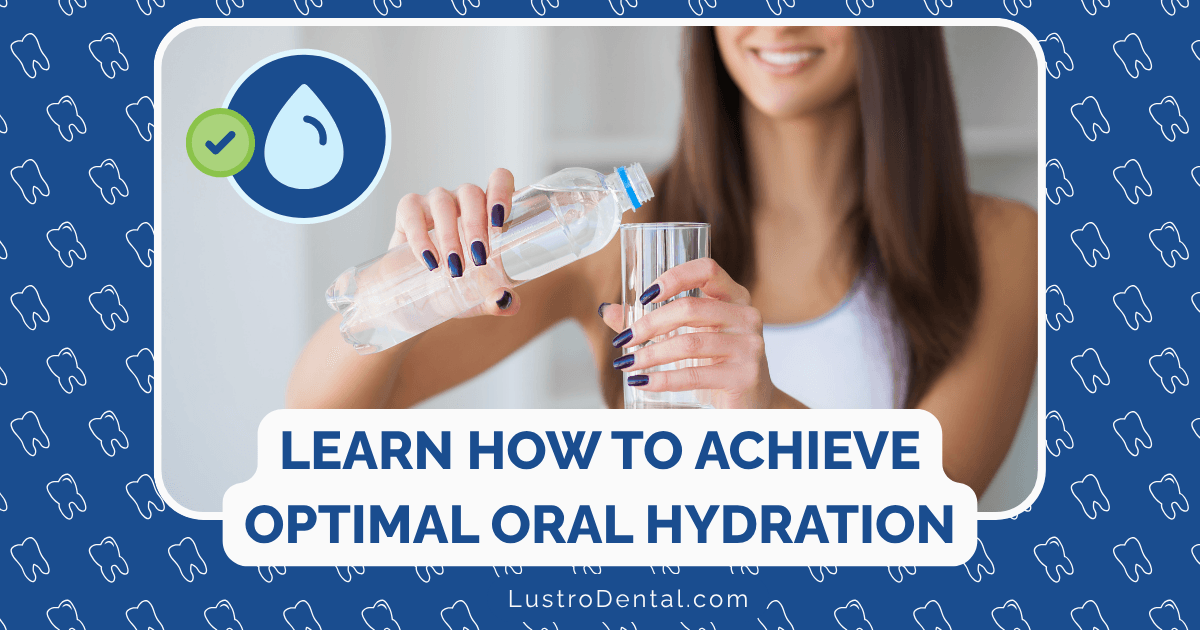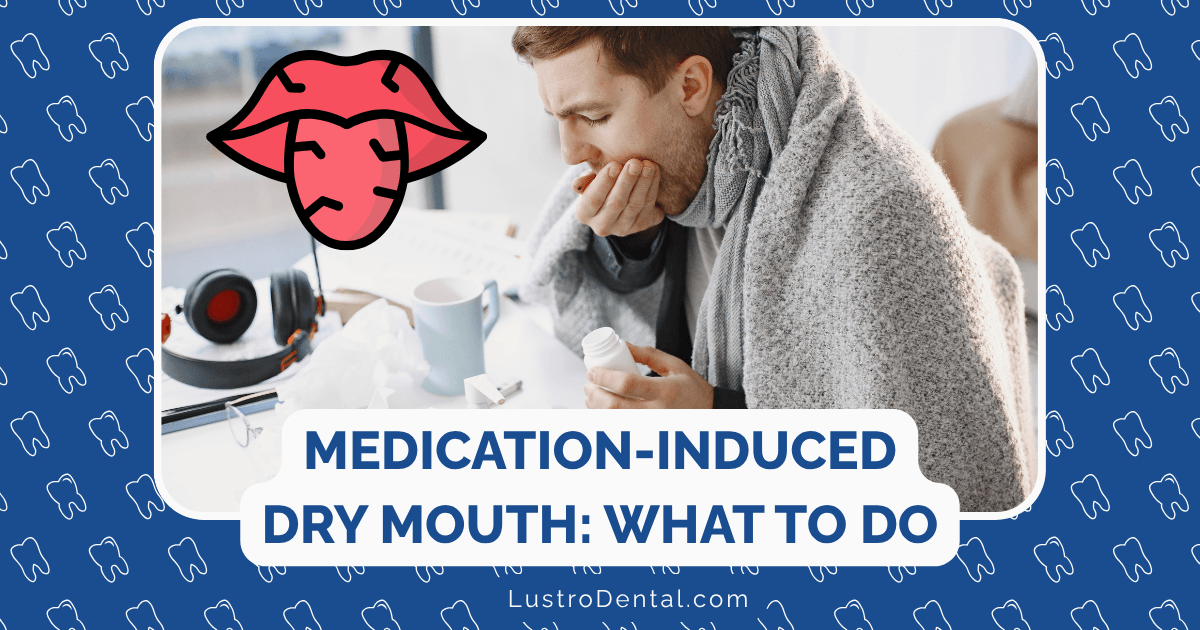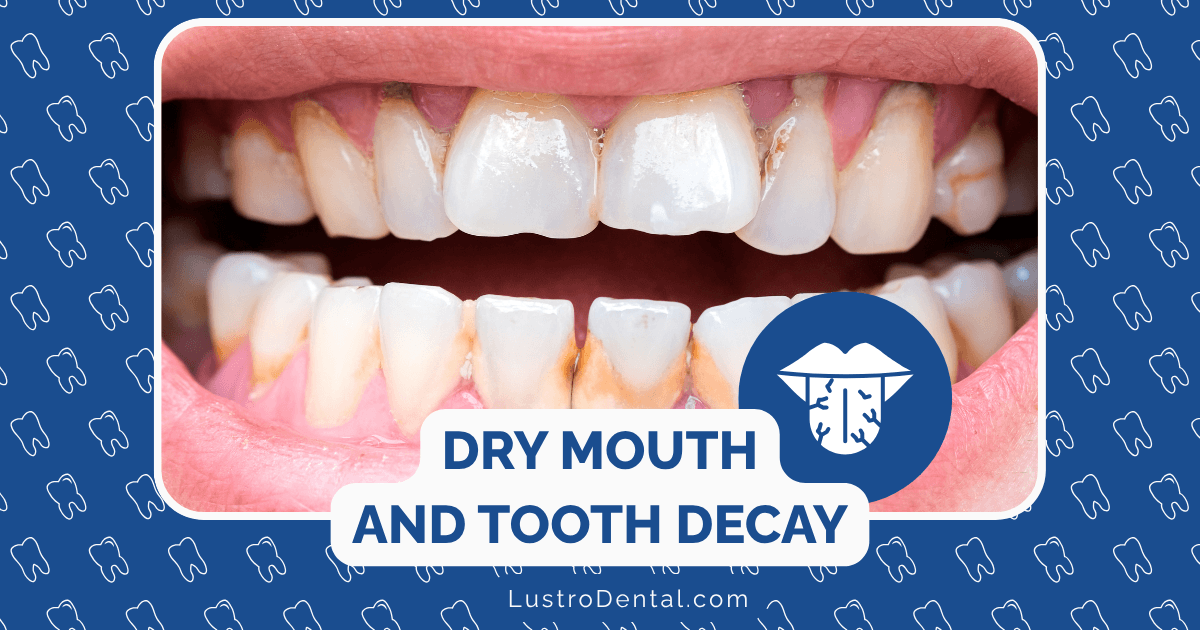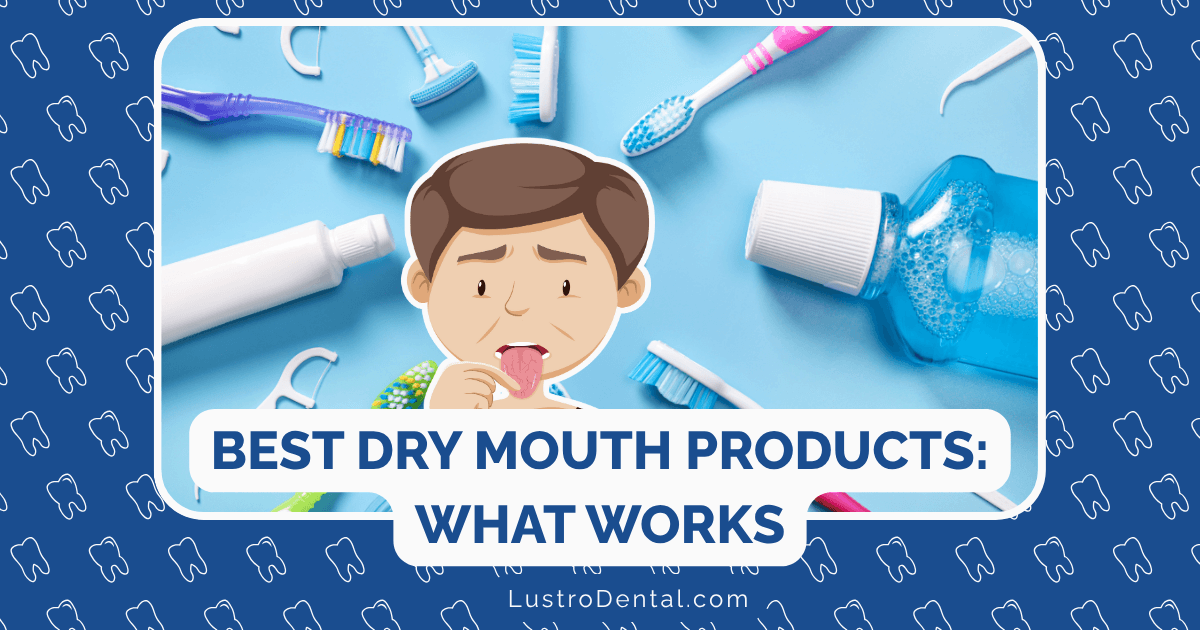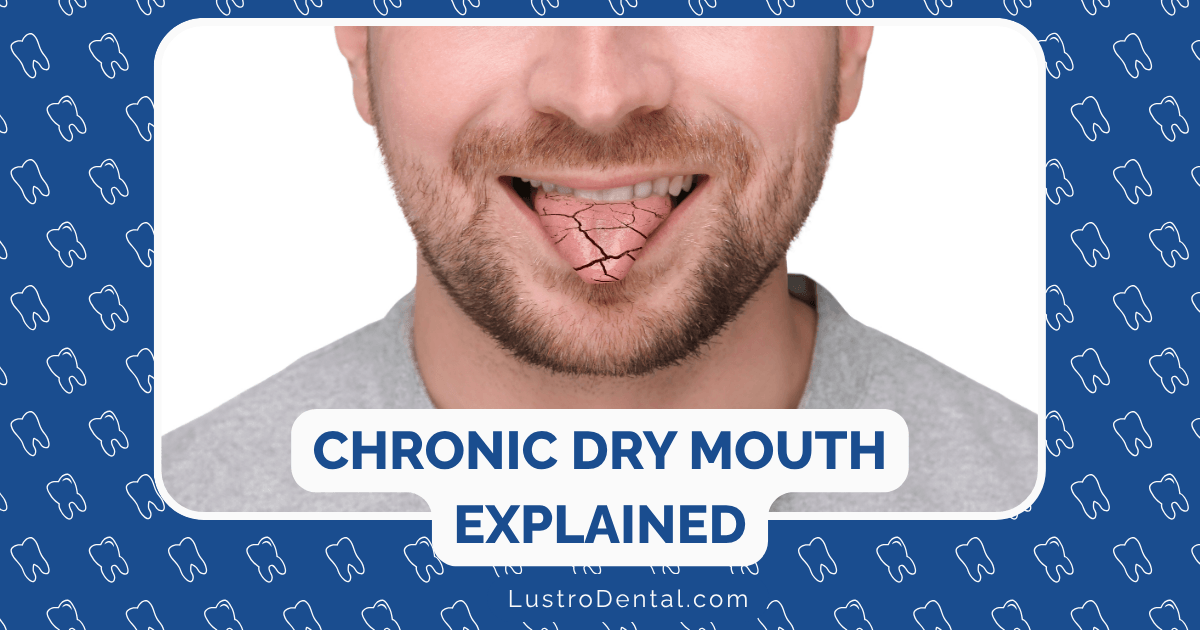Athletic Performance and Oral Health: The Surprising Connection
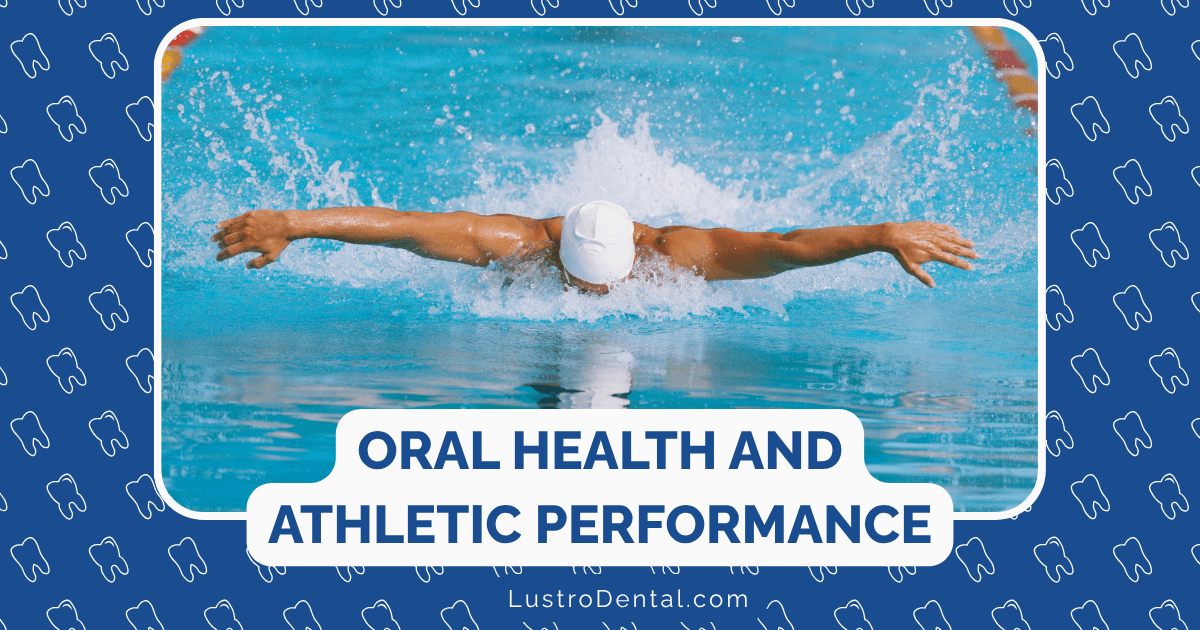
When athletes and coaches meticulously analyze every factor that might impact performance—from training regimens and nutrition to recovery protocols and mental preparation—one crucial element often remains overlooked: oral health. Yet, emerging research reveals a compelling connection between the health of your mouth and your athletic capabilities that deserves far more attention than it typically receives.
As a dental health advocate who has worked with athletes across various sports and competition levels, I’ve witnessed firsthand how addressing oral health issues can lead to remarkable improvements in performance, recovery, and overall athletic career longevity. This isn’t merely anecdotal—it’s backed by a growing body of scientific evidence that demonstrates the profound systemic effects of oral health on athletic performance.
In this comprehensive exploration, we’ll examine the surprising ways that oral health influences athletic performance, the unique dental challenges athletes face, and practical strategies to optimize oral health for peak athletic achievement.
The State of Oral Health in Athletes: A Hidden Epidemic
You might assume that elite athletes, with their disciplined approaches to health and performance, would naturally maintain excellent oral health. Surprisingly, the opposite is often true. Multiple studies have revealed concerning statistics about the prevalence of oral health issues among athletes:
- Dental caries (cavities): Affects 20-84% of elite athletes, with an estimated global prevalence of 46%
- Dental erosion: Present in 42-59% of athletes
- Gingivitis: Found in 58-77% of athletic populations
- Periodontitis: Affects 15-41% of athletes
These numbers are particularly alarming when compared to general population statistics. For instance, a study of 278 athletes at the 2012 London Olympics found that 55% had dental caries, 45% had dental erosion, 76% had gingivitis, and 15% had periodontitis—rates significantly higher than age-matched controls.
Even more telling, during the 2004 Athens Olympics, dental care was the second most requested health service after physiotherapy. Similarly, at the 2012 London Olympics, nearly half of the athletes reported not having a dental examination in the previous year, and 18% reported that their oral health negatively affected their training and performance.
How Oral Health Impacts Athletic Performance: The Mechanisms
The connection between oral health and athletic performance operates through several key pathways:
1. Systemic Inflammation and Recovery
Perhaps the most significant mechanism linking oral health to athletic performance involves inflammation. Periodontal disease—which includes gingivitis and periodontitis—creates a chronic inflammatory state that extends far beyond the mouth.
When bacteria from infected gums enter the bloodstream, they trigger an immune response that releases inflammatory mediators throughout the body. This systemic inflammation can:
- Impair recovery: Inflammatory cytokines can interfere with muscle repair processes, extending recovery time between training sessions
- Reduce endurance: Chronic inflammation increases oxidative stress and can impair mitochondrial function, reducing aerobic capacity
- Compromise strength: Studies have shown that inflammatory markers are associated with decreased muscle power and force production
- Increase injury risk: Inflammation weakens connective tissues, potentially making athletes more susceptible to strains and tears
Research published in the Journal of Clinical Periodontology found that athletes with periodontal disease had significantly higher levels of C-reactive protein (CRP)—a marker of systemic inflammation—compared to those with healthy gums. These elevated inflammatory markers correlated with decreased performance metrics, particularly in endurance events.
2. Pain, Distraction, and Psychological Impact
Dental pain can be extraordinarily distracting, affecting an athlete’s ability to focus during training and competition. Consider these impacts:
- Concentration disruption: Even mild dental pain can divert attention from performance
- Sleep disturbance: Dental pain frequently disrupts sleep quality, which is essential for recovery and performance
- Increased stress: Ongoing dental issues can elevate stress hormones like cortisol, which may impair performance and recovery
- Reduced confidence: Visible dental problems or concerns about appearance can affect an athlete’s psychological state
A study in the British Journal of Sports Medicine found that 22% of athletes reported that oral health issues had a negative impact on their training and performance, with 5% reporting a “significant” impact.
3. Respiratory Function and Oxygen Utilization
The mouth-respiratory system connection is particularly relevant for athletes:
- Oral bacteria migration: Bacteria from periodontal disease can be aspirated into the lungs, potentially compromising respiratory function
- Inflammatory response: Gum inflammation can trigger inflammatory responses in the respiratory tract
- Reduced oxygen efficiency: Some research suggests that periodontal disease may affect hemoglobin function, potentially reducing oxygen-carrying capacity
For endurance athletes especially, even small reductions in respiratory efficiency can significantly impact performance. A 2023 study found that athletes with periodontal disease had measurably lower VO2 max values compared to matched controls with healthy gums.
4. Nutritional Impacts
Oral health problems can affect an athlete’s ability to maintain optimal nutrition:
- Dietary restrictions: Dental pain or sensitivity may limit food choices, potentially leading to nutritional deficiencies
- Reduced intake: Difficulty chewing can decrease overall caloric and nutrient consumption
- Altered taste perception: Oral infections can alter taste, potentially affecting appetite and food choices
For athletes who need precise nutritional strategies to fuel performance and recovery, these limitations can create significant challenges.
5. Biomechanical Considerations
Less obvious but equally important are the biomechanical impacts of oral health:
- Jaw alignment: Temporomandibular joint (TMJ) issues can affect posture and biomechanics throughout the kinetic chain
- Muscle recruitment patterns: Dental pain can alter muscle activation patterns, potentially affecting technique and efficiency
- Power production: Research on rowers found that occlusal issues reduced muscular power by up to 17.7%
These biomechanical effects may be particularly relevant in sports requiring precise technique and optimal force production.
Unique Oral Health Challenges for Athletes
Athletes face several specific challenges that can compromise oral health:
1. Nutritional Factors
The dietary requirements of intense training create unique oral health risks:
- High carbohydrate intake: Athletes often consume large amounts of carbohydrates to fuel performance, which can increase caries risk
- Frequent feeding: Many athletes eat multiple times throughout the day, increasing the time teeth are exposed to acids and sugars
- Sports nutrition products: Energy gels, bars, and drinks often contain high levels of sugars and acids
- Timing challenges: Consuming carbohydrates immediately before, during, and after training—often without the ability to brush afterward
A systematic review in the International Journal of Sports Medicine found a significant correlation between training volume and caries prevalence, with an increase in DMFT (decayed, missing, filled teeth) score of 0.24 for every additional hour of weekly training.
2. Physiological Factors
The physical demands of training create several physiological challenges:
- Dehydration: Intense exercise leads to fluid loss, reducing saliva flow
- Respiratory patterns: Mouth breathing during exercise decreases saliva’s protective effects
- Immune suppression: High-intensity training can temporarily suppress immune function, potentially allowing oral bacteria to flourish
- Hormonal fluctuations: Training-induced hormonal changes may affect gum tissues and inflammatory responses
Studies show that up to 64% of endurance athletes experience xerostomia (dry mouth) during training, creating an environment conducive to dental problems.
3. Psychological and Logistical Factors
The athlete lifestyle presents additional challenges:
- Travel schedules: Regular travel for competition can disrupt oral hygiene routines
- Access to care: Training demands and competition schedules may limit opportunities for dental visits
- Prioritization: Dental care often takes a back seat to other aspects of performance and health
- Stress levels: Competition-related stress can exacerbate issues like teeth grinding (bruxism)
A survey of Olympic athletes found that 46.5% had not visited a dentist in the previous year, despite having access to comprehensive healthcare.
Sport-Specific Oral Health Considerations
Different sports present unique oral health challenges and considerations:
Endurance Sports (Running, Cycling, Triathlon)
- High risk of erosion: Frequent consumption of sports drinks and gels
- Dehydration concerns: Prolonged exercise leading to reduced saliva flow
- Breathing patterns: Mouth breathing during endurance exercise dries oral tissues
- Nutritional demands: High carbohydrate requirements increasing caries risk
Research shows endurance athletes have a 36.5% prevalence of dental erosion, with those consuming more than one liter of sports drinks daily at highest risk.
Contact and Combat Sports
- Trauma risk: Direct impacts to the face and mouth
- Mouthguard considerations: Balancing protection with breathing and communication needs
- Weight management: Practices like weight cutting can affect oral health through dehydration and nutritional factors
Studies indicate that 77% of professional footballers have gingivitis and 80% suffer from some form of periodontal disease.
Aquatic Sports
- Environmental factors: Exposure to chlorinated water with potential pH concerns
- Breathing techniques: Specific breathing patterns may increase dry mouth
- Equipment considerations: Potential for mouthguard use in water polo and other contact water sports
Swimmers show higher rates of dental erosion due to exposure to acidic pool water, with studies showing a 15-fold increase in erosion risk compared to non-swimmers.
Aesthetic and Weight-Class Sports
- Nutritional practices: Restrictive eating patterns may affect oral health
- Psychological factors: Higher rates of eating disorders with oral health implications
- Dehydration concerns: Weight cutting practices affecting saliva production
Athletes in these sports may face additional risks due to specific nutritional and weight management practices.
Practical Strategies for Optimizing Oral Health in Athletes
Given the clear connection between oral health and athletic performance, implementing effective oral health strategies should be considered an essential component of any comprehensive performance plan:
1. Enhanced Oral Hygiene Protocols
Standard oral hygiene recommendations may need to be modified for athletes:
- Timing considerations: Brush before training (not immediately after) to protect enamel softened by acids
- Post-exercise rinse: Rinse with water immediately after exercise or consuming sports nutrition products
- Specialized products: Consider high-fluoride toothpastes for athletes at high risk of erosion
- Interdental cleaning: Daily flossing or use of interdental brushes to reduce periodontal inflammation
- Tongue cleaning: Reduce bacterial load by including tongue cleaning in daily routine
For athletes with high caries risk, dentists may recommend prescription-strength fluoride products or calcium phosphate technologies to enhance remineralization.
2. Nutrition and Hydration Strategies
Several approaches can mitigate the oral health risks of athletic nutrition:
- Strategic timing: Consume fermentable carbohydrates during, not between, training sessions when possible
- Food combinations: Pair acidic or sugary foods with dairy or other neutralizing foods
- Hydration choices: Opt for water when possible; when sports drinks are necessary, consider lower sugar alternatives
- Xylitol products: Incorporate sugar-free gum or mints containing xylitol after meals and snacks
- Post-exercise nutrition: Consider the oral health impact of recovery nutrition choices
Research has shown that consuming cheese after acidic foods or drinks can help neutralize acids and promote remineralization.
3. Protective Equipment
For sports with trauma risk, appropriate protective equipment is essential:
- Custom-fitted mouthguards: Provide superior protection and comfort compared to stock or boil-and-bite options
- Sport-specific designs: Consider the unique demands of your sport when selecting mouthguard features
- Regular replacement: Replace mouthguards when they show signs of wear or damage
- Proper maintenance: Clean and store mouthguards appropriately to prevent bacterial growth
A study in General Dentistry found that high school football players wearing custom-fitted mouthguards had less than half the rate of mild traumatic brain injuries/concussions compared to those wearing store-bought mouthguards.
4. Professional Dental Care
Athletes should consider enhanced professional care protocols:
- More frequent check-ups: Consider 3-4 month intervals rather than the standard 6 months
- Pre-season screening: Comprehensive dental evaluation before competitive seasons
- Team approach: Coordinate between dental professionals and sports medicine team
- Travel planning: Schedule dental check-ups around competition schedules to avoid acute issues during important events
The International Olympic Committee now recommends that all Olympic athletes undergo comprehensive dental screening as part of their pre-participation health evaluation.
5. Monitoring and Education
Ongoing monitoring and education are crucial components:
- Self-assessment tools: Learn to recognize early warning signs of dental problems
- Performance tracking: Note any correlations between oral health issues and performance metrics
- Team education: Ensure coaches and support staff understand the importance of oral health
- Peer support: Create team cultures that prioritize oral health alongside other aspects of performance
Educational interventions have been shown to improve oral health behaviors among athletes, with one study demonstrating a 42% increase in appropriate mouthguard use following a structured education program.
Case Studies: When Oral Health Impacts Athletic Careers
The impact of oral health on athletic performance is perhaps best illustrated through real-world examples:
Elite Marathon Runner: Overcoming Chronic Inflammation
A professional marathon runner struggled with unexplained performance declines and extended recovery times despite no changes to training or nutrition. Comprehensive medical testing revealed severe periodontitis, with elevated inflammatory markers. Following intensive periodontal treatment, the athlete experienced:
- 4.2% improvement in VO2 max
- Reduction in recovery time between hard sessions
- Decreased resting heart rate
- Personal best performance within 6 months of treatment
This case highlights how addressing underlying oral inflammation can significantly impact endurance performance.
Professional Basketball Player: The Focus Factor
A starting NBA player was experiencing inconsistent performance and concentration issues during games. Dental examination revealed multiple dental caries causing intermittent pain. After comprehensive dental treatment, the player reported:
- Improved sleep quality
- Enhanced focus during games
- Reduced reliance on pain medication
- More consistent performance metrics
This case demonstrates how even subclinical dental pain can affect focus, sleep, and ultimately performance.
Olympic Swimmer: Addressing Erosion
An Olympic-level swimmer developed increasing tooth sensitivity that affected nutrition and training comfort. Examination revealed significant dental erosion from a combination of chlorinated pool water exposure and high sports drink consumption. A comprehensive approach including:
- Custom fluoride trays
- Modified hydration strategy
- Protective sealants
- Post-swim rinse protocol
resulted in reduced sensitivity, improved nutritional intake, and enhanced training consistency.
The Future of Sports Dentistry
As recognition of the oral health-performance connection grows, several exciting developments are emerging:
Integration into Sports Medicine
Sports dentistry is increasingly being recognized as an essential component of comprehensive sports medicine:
- Major sports teams are adding dental professionals to their medical staff
- The International Olympic Committee is establishing an “Oral Health Department” for the 2024 Paris Olympic Games
- The Universal Screening Protocol for Dental Examinations in Sports (USPDES) is being adopted by professional leagues
Technological Innovations
New technologies are making oral health monitoring and management more accessible for athletes:
- Salivary diagnostic tools to monitor inflammation and immune markers
- Teledentistry options for traveling athletes
- Advanced mouthguard designs with integrated sensors for impact monitoring
- Specialized oral care products designed for athletes’ unique needs
Research Directions
Ongoing research is focusing on several key areas:
- The impact of oral health interventions on specific performance metrics
- Optimal oral health protocols for different sports and training phases
- The relationship between oral microbiome and athletic performance
- Personalized approaches based on individual risk factors
Conclusion: Making Oral Health a Performance Priority
The evidence is clear: oral health is not merely a matter of aesthetics or general wellness for athletes—it’s a significant performance factor that deserves attention alongside training, nutrition, and recovery. The days of considering dental care as separate from sports performance are behind us, as research continues to illuminate the profound connections between oral health and athletic capability.
For athletes at all levels, from weekend warriors to Olympic competitors, integrating comprehensive oral health strategies into training and performance plans represents a relatively untapped opportunity for improvement. While marginal gains are sought through expensive equipment, supplements, and training methodologies, the substantial performance benefits of optimal oral health often remain unrealized.
By understanding the unique oral health challenges athletes face and implementing targeted strategies to address them, athletes can potentially enhance performance, reduce injury risk, improve recovery, and extend competitive careers—all through paying proper attention to what’s happening in their mouths.
As a dental health advocate who has witnessed the transformative impact of improved oral health on athletic performance, I encourage all athletes, coaches, and sports medicine professionals to elevate oral health to its rightful place as an essential component of peak performance preparation.
After all, the path to the podium might just begin with a smile.


